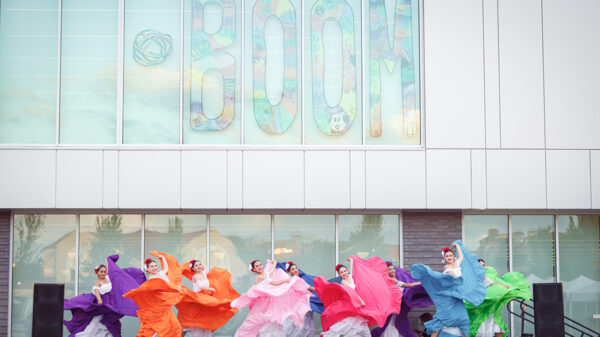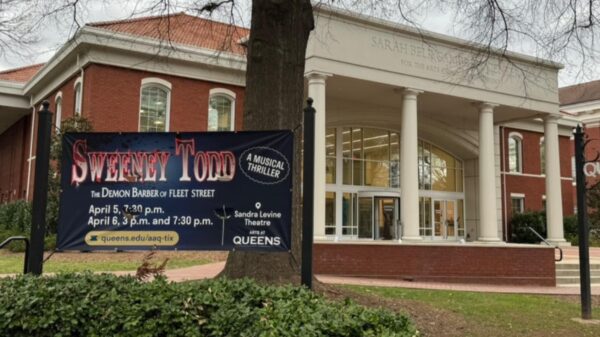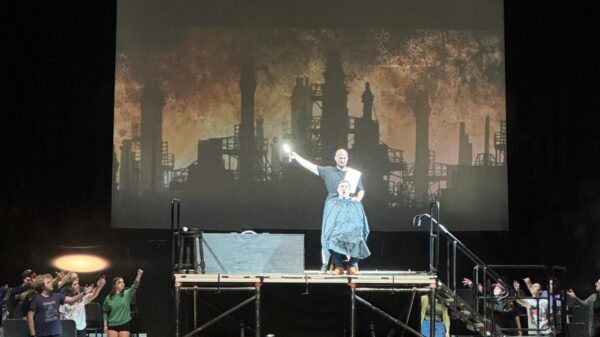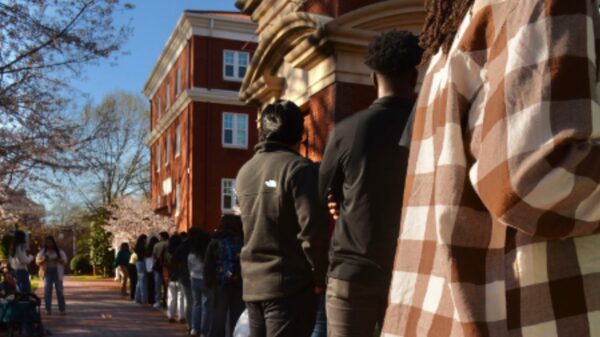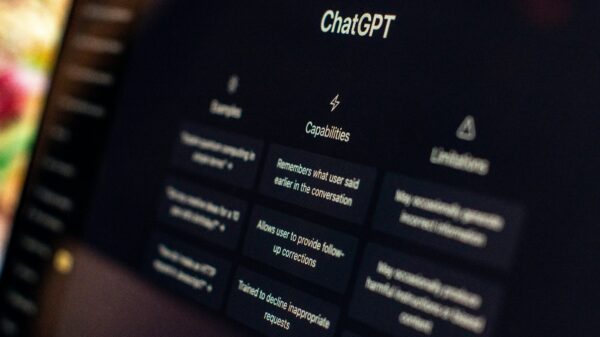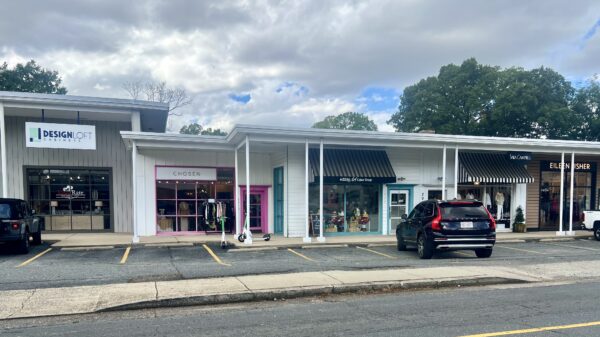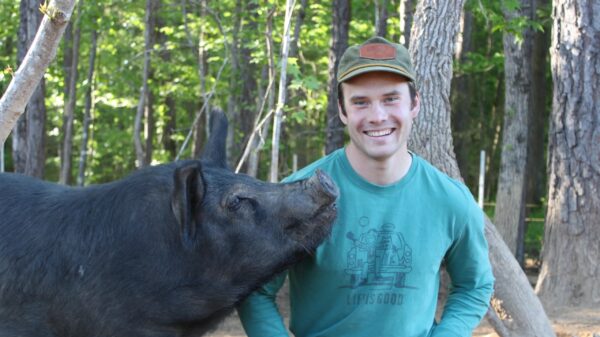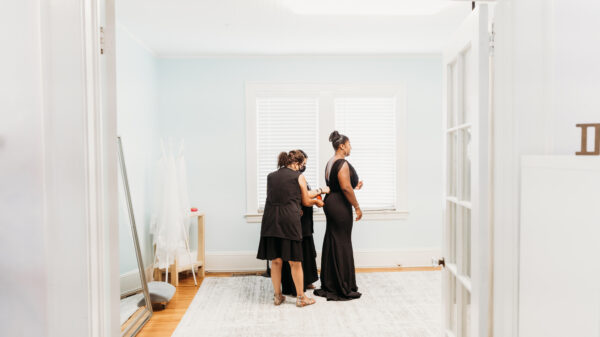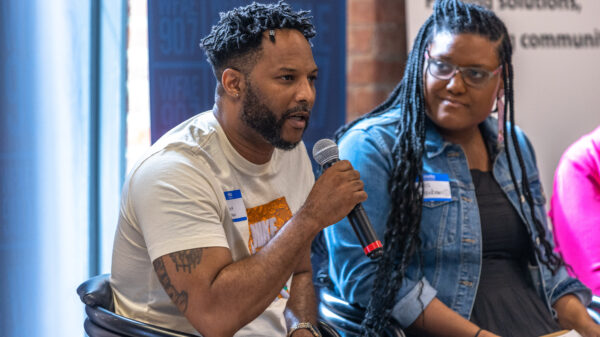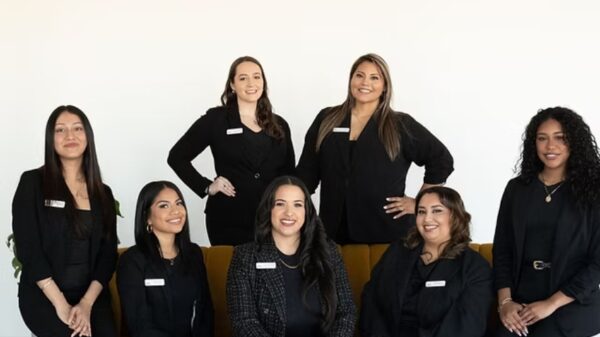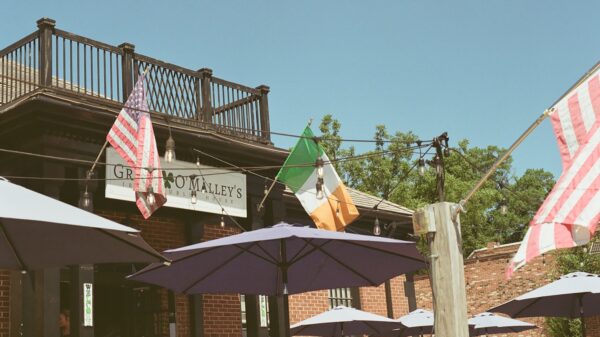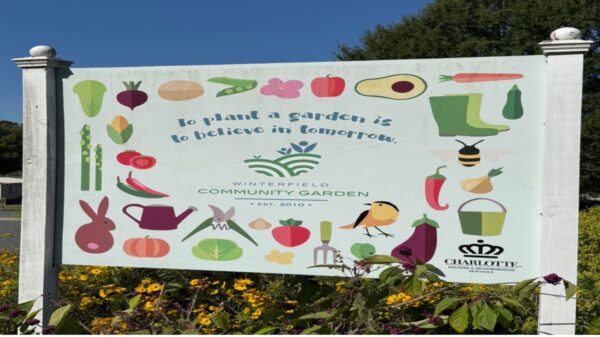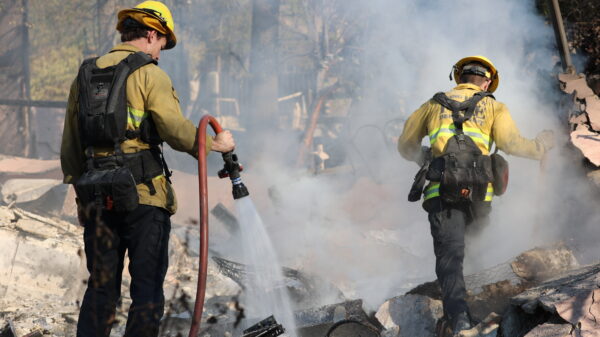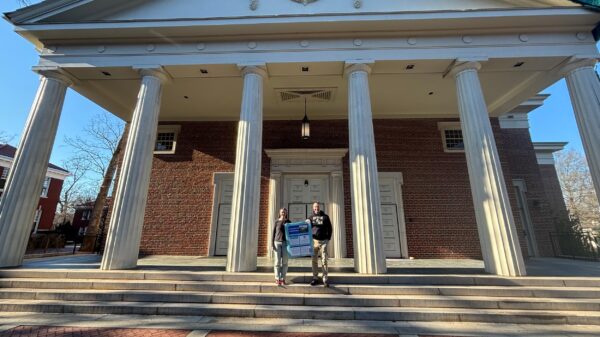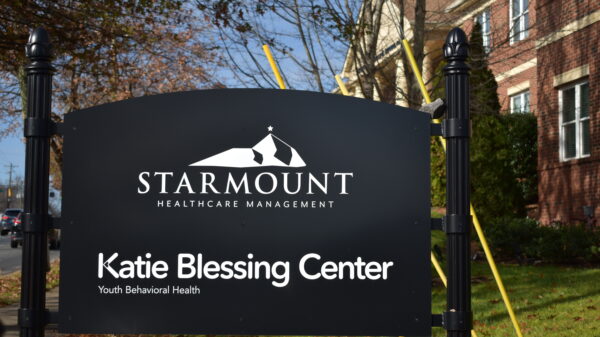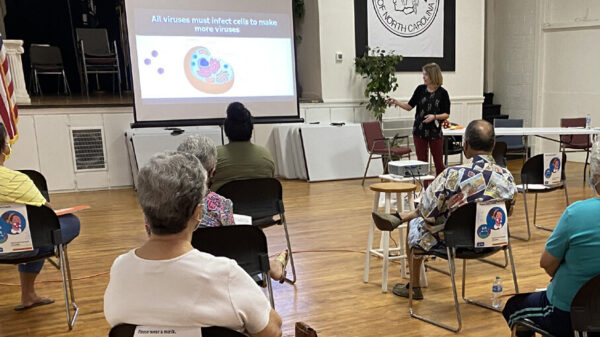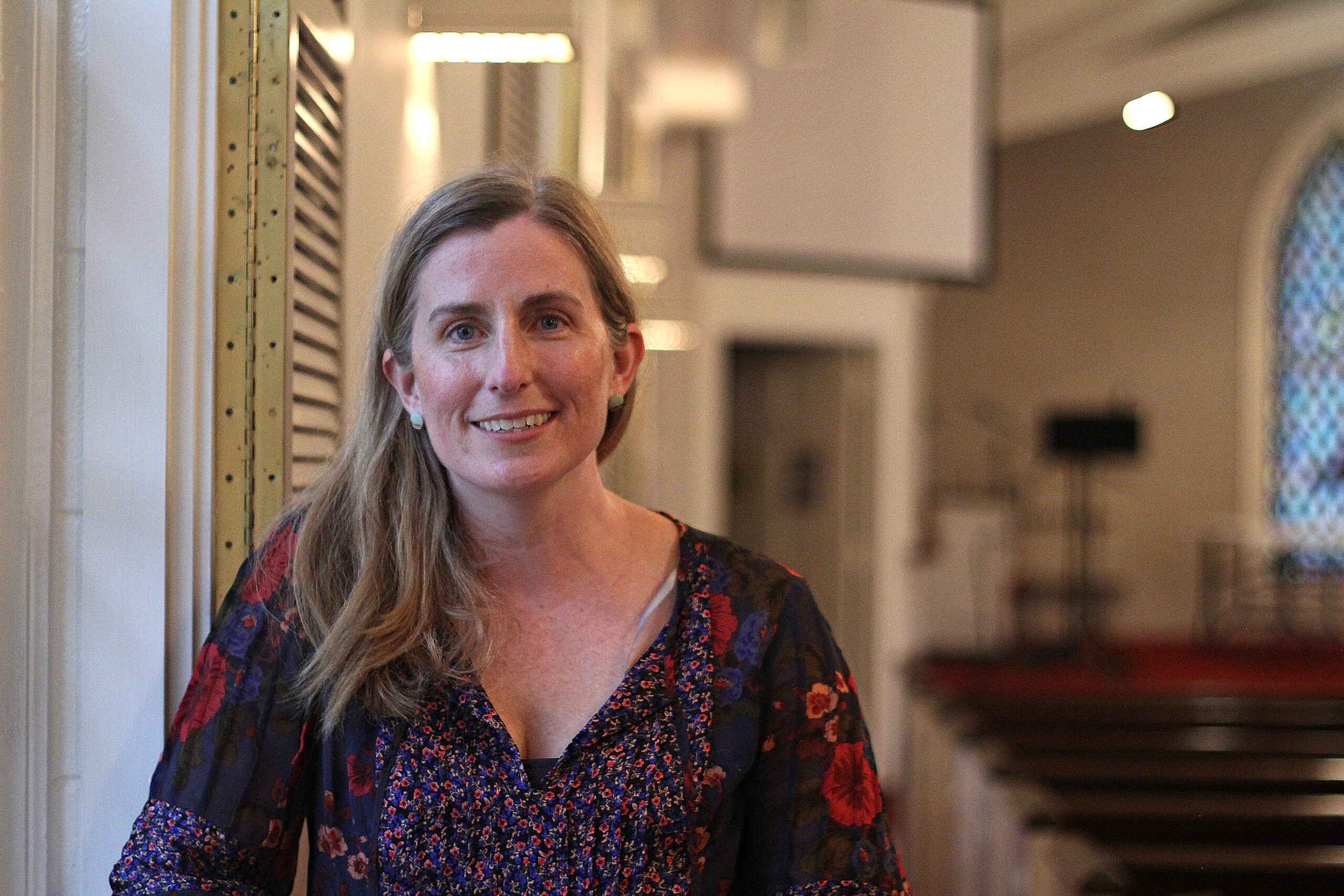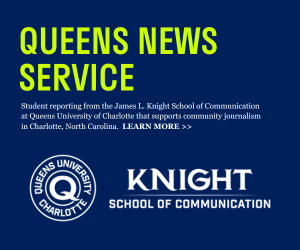Ministers with experience at four Christian congregations in Charlotte agree that a key solution to current high levels of partisan political conflict is a focus on what unites them as a community.
When a faith community shares a core set of beliefs, they say, people within that community can use this foundation to bridge differences of opinion. But the pandemic has presented an obstacle to the understanding of complex and sensitive issues.
The Rev. Casey Crimmons of Multiply Church, the Rev. Russ Dean of Park Road Baptist Church, the Rev. Dr. Martha Kearse, formerly of St. John’s Baptist Church, and the Rev. Kate Murphy of the Grove Presbyterian Church, say members occasionally have walked out of sermons, sent emails of disagreement, cornered them over coffee, or unfollowed other congregational members on social media. But conflict within a congregation isn’t always a bad thing, they say, and it can sometimes lead to improved understanding.
“There has been a shift in our ability to speak since Trump,” said Dean, who co-pastors Park Road Baptist with his wife, Amy Jacks Dean. “And if I were to speak on certain topics before 2016 I’d be able to say more things than I can now. Nowadays, congregations would unfollow others, and in this political climate, people are more prickly than they were before.”
But Dean explained that individuals who felt uncomfortable after a particular sermon, for example, have been able to express that discomfort, which improves the church and makes it more inclusive. Preaching hasn’t changed, he said, and he can still address issues that are in the news and affecting people’s lives. “I don’t think you can stay away from politics or not talk about it because politics has to deal with people,” Dean said. “And since the gospel deals with people, it is political and has political implications that deal with people.”
Careful Use of Language
In a charged political climate, said Kearse, one of her most important duties is the identity work of the language her congregation has agreed to. Kearse served on the staff of St. John’s Baptist in Charlotte for 16 years, and is now minister of Peakland Baptist Church in Lynchburg, Virginia.
There is a distinction between political social policies and partisan politics, Kearse said. “When Jesus talks about feeding the poor, that’s a political stance,” she said. “A partisan stance is saying, ‘and in order to do that, you should be a Republican or you should be a Democrat.’ My stance is that if it’s within our sacred text, I get to talk about it. But we don’t care about partisan politics. So I’m never talking about a particular candidate, ever.
“I get accused a lot of being too political if I bring up issues of race and justice, or issues of poverty, issues of the LGBTQ community, or of inclusion,” Kearse said. “Because people are told that those are issues of politics. But our sacred text does talk about those issues, and they’re fair game.”
Dean said members of multiple political parties form his congregation, and that language sometimes triggers people. Some people view “Black Lives Matter” as partisan language, he said. While he is careful about words that push buttons, he said, racial justice is still a subject for discussion in the church he serves.
Political Unity Isn’t The Goal
Kate Murphy became pastor of the Grove Presbyterian in 2008. She said that while her congregation is populated with both Democrats and Republicans, their shared beliefs transcend division.
“There’s some diversity of thought over what kind of political philosophy will result in the flourishing of humanity,” she said. “But we know that we all want the same thing, which is the flourishing of all humanity. We all want the same thing, which is the end of injustice. And we want the same thing, which is the shalom peace of God. And we know that isn’t coming through the successful agenda of a political party.”
Crimmons is pastor at Multiply Church and senior director of network development in the FORCLT affiliation of about 300 churches. Unity isn’t necessarily the endgame for his congregation, Crimmons said.
“Unity is not what we’re aspiring for because unity itself doesn’t get you anywhere,” he said. “Unity is for the sake of the kingdom of the community, for the sake of seeing that the hungry are fed and that the naked are clothed, the broken are restored, and those who are hopeless find hope, and that our city, which is broken and deeply divided, finds healing through Jesus. That hope. That’s the endgame.”
Recent political polarization isn’t necessarily new, Crimmons said.
“This season has not been a polarizing season, it’s just been a revealing of the polarization that already was there,” he said. “Yes, social media algorithms, and echo chambers of people only seeing and engaging with things that they are comfortable with have definitely added to it. But it was already there.”
Pandemic Complications for the Pastoral and the Prophetic
The fear, confusion and suffering caused by COVID-19 created an increased need for pastoral care of members of his congregation, said Dean, of Park Road Baptist.
A pandemic-related shift in the balance toward pastoral care, and away from a prophetic voice that offers insight and guidance into current issues, Kearse said, has complicated the work of churches with social justice.
“Part of the way forward is talking about it, and we haven’t been talking about it, and we need to,” Kearse said. “One of the reasons is fear, with people already on edge because of their personal health. The other is not being in the same room with people. You can’t have significant conversations with people about these issues on Zoom.”

